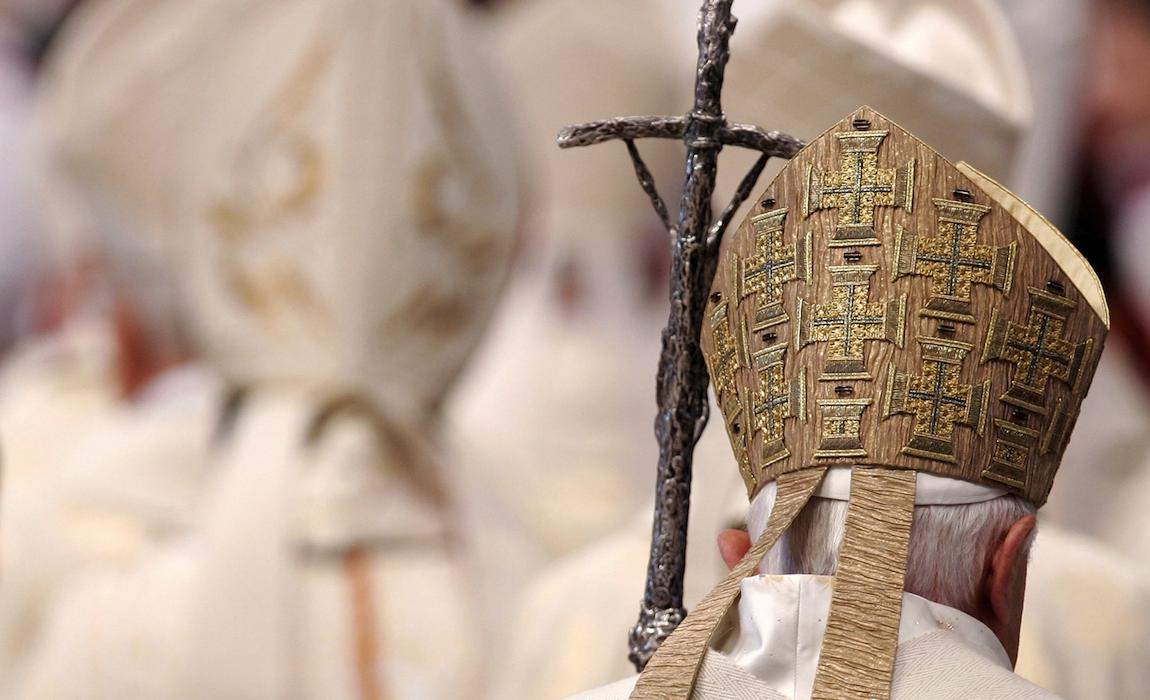Mea Maxima Culpa: Silence in the House of God
With the recent election of Pope Francis, this documentary couldn't have come at a better time.
Overview
With paedophilia now the throwaway punchline of every joke involving Catholic priests, Alex Gibney's Mea Maxima Culpa: Silence in the House of God is a sobering reminder of the personal impacts of child sex abuse within an interminably sacrosanct organisation.
Gibney has a way with scandal, having previously explored the USA's policy on torture in Taxi to the Dark Side and big business cover-ups in Enron: The Smartest Guys in the Room. His assured, forthright documentary style is at its best in Mea Maxima Culpa, following both personal accounts of victims and the much larger problem at work.
Much of the film's focus rests on a group of vulnerable young boys under the care of Father Lawrence Murphy at a school for the deaf in Milwaukee in the '60s. Deliberately using their disability and disconnectedness from their families, Murphy regularly molested the boys in secrecy. One victim describes Murphy as a "ravenous wolf", often singling out children whose parents could not sign, thus minimising any chance of speaking out. It would take decades before they were able to.
Father Murphy, who died in 1998 defended his actions with the sickening reasoning of nobly taking their sins upon himself to disrupt their "rampant homosexuality". Though eventually removed from the school, Murphy was largely protected by the church, which prompts the film to investigate this as not a distressing one-off incident, but as a widespread, hushed-up problem. According to Vatican correspondent Marco Politi, the first documentation dates back 1700 years ago, although the state refuses to make their archives public. Interviews with victims, lawyers, progressive clergymen and journalists mixed with archival footage supports Gibney's thesis of a conspiratorial protection offered by the Vatican — to the perpetrators, rather than the victims.
The lucidity and openness of the subjects are only slightly let down by a few unnecessary re-enactments early on in the film. The defiant interviews with the men who have dedicated their adult lives to take their uncomfortable truths not just to their local archdiocese but all the way to the Vatican is what will stay with you. Mea Maxima Culpa: Silence in the House of God is an incredibly gripping report of a papacy that remains largely above the law. With the recent election of Pope Francis, it couldn't have come at a better time.





